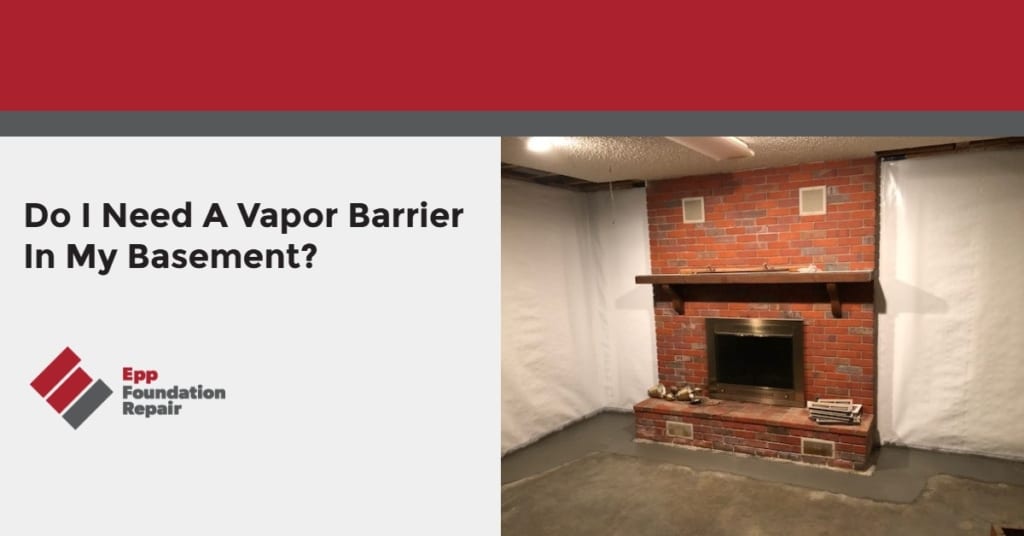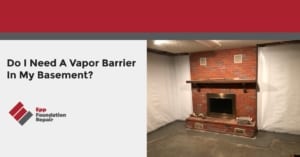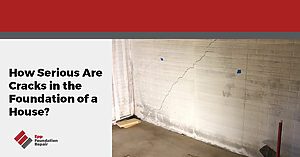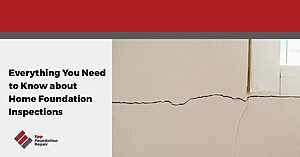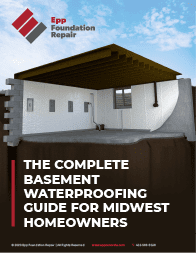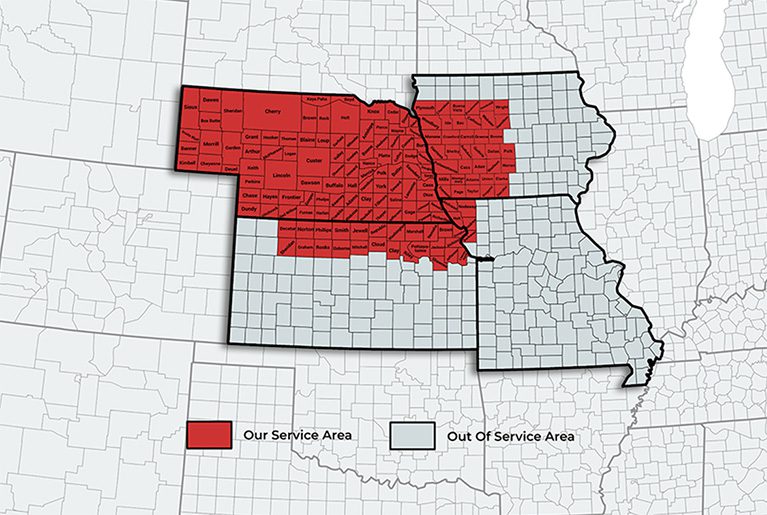What is a vapor barrier and how is it used in a basement?
A vapor barrier basement installation is applied to the inside wall frame before the drywall or plaster. It helps keep your basement dry by taking any moisture coming through the foundation wall and channeling it into a drain tile system where it can then be deposited away from the home either via gravity or via a sump pump.
A basement wall vapor barrier (also called a vapor retarder) is just one part of a basement waterproofing system. Therefore, if we want to understand how basement vapor barriers work and why they’re useful, we need to talk first about the secret to a dry basement: groundwater control.
The secret to a dry basement: groundwater control
Since concrete is porous, water in the soil will eventually make its way through the concrete walls of the foundation and into the basement. Therefore, the secret to a dry basement involves ensuring the ground around and under the home’s foundation never gets saturated with water. In a basement waterproofing system, this involves collecting the water at various points and directing it away from the foundation and,
- Using downspout extensions to channel water away from the foundation. Downspouts that are too short will dump water into the soil next to the foundation.
- Cleaning gutters regularly. Water from clogged gutters can spill over the side of your home and soak into the soil next to the foundation.
- Regrading a yard so that it slopes away from the foundation. You don’t want water from rain or sprinklers flowing back toward your foundation and soaking into the soil.
- Using interior and exterior drain tile systems. Drain tile systems collect water and channel it away from the foundation via gravity or a sump pump.
When you might need a vapor barrier in your basement
You might need a vapor barrier if you’re trying to turn a wet basement into a dry, comfortable living space. Of course, as we mentioned above, a vapor barrier in a basement is just one part of a basement waterproofing system.
You might need a basement waterproofing system – which includes a vapor barrier – if,
- Your heating bills are higher than they should be.
- There’s visible mold or mildew in your basement.
- Your basement smells musty.
- There’s visible moisture seepage.
- You have puddles of standing water in your basement.
- The humidity in your home is higher than it should be.
If you have any of these problems, contact a foundation repair contractor for an inspection and estimate. If you’re in our service area in Nebraska, Iowa, Kansas, and Missouri, contact us for a free inspection and estimate.
Installing a vapor barrier in your basement
When we install a vapor barrier in a basement, we first measure the height of the foundation wall. We then cut the vapor barrier to that length and attach it to the wall, overlapping each vapor barrier sheet by 6 inches. Once the barrier is in place, we seal the seams and the ends.
Basement waterproofing systems – which include vapor barriers – can be installed in both new and existing homes. However, installing a complete basement waterproofing system in existing homes will require using a jackhammer to break up the floor. In other words, they’re a major construction project.
Read also: How Does A Drain Tile System Work?
How long will a vapor barrier basement installation last?
A vapor barrier installed in a basement should last for the lifetime of the home. If the tape over the seams starts to come off, it can be re-taped. A vapor barrier would only need to be replaced if it became torn.
If the vapor barrier is behind drywall – which is the case in a finished basement – the only way to inspect it would be to remove the drywall. However, as long as the barrier wasn’t damaged during the drywall installation and framing, it would be difficult for it to become damaged behind the drywall.
A complete basement waterproofing solution is all about controlling the groundwater under and around your home’s foundation. Therefore, a vapor barrier alone is not enough to achieve a dry basement. Vapor barriers are designed to work in conjunction with drain tile systems.
If you have a wet basement and are considering a basement waterproofing solution that involves a vapor barrier, you should contact an experienced foundation repair contractor in your area. We serve Lincoln, Omaha, Grand Island, Kearney, NE and more with basement waterproofing services. Call us to schedule an inspection and receive an estimate based on your needs.

